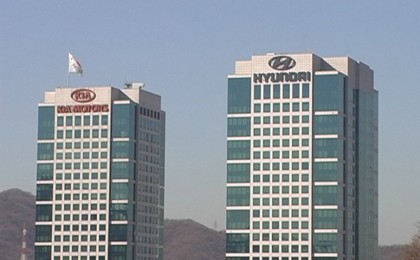
Hyundai and Kia’s response to the functional safety international standard (ISO 26262) began in earnest. They released the first car to which ISO 26262 was applied, and will get directly involved in adopting the development tools necessary for compliance with the standard. As the targeted time of enterprise-wide application of ISO 26262 is less than a year away, they are accelerating their effort to build a response system.
According to industry insiders in February 16, Hyundai & Kia recently began to review ISO 26262 response solutions for the domestic software industry. They collected information on products that can respond to the ISO 26262 standard from individual software companies, and some of them are known to have scheduled demonstration of their solutions. Depending on the review result, their suppliers may be ordered to adopt certain solutions as standard specifications.
“Although it is not auto makers but parts makers that are directly using the solutions, they need a guideline issued by auto makers,” said industry insiders. “What Hyundai & Kia are doing can be viewed as preliminary work prior to direct review of solutions and issuing standard specifications.”
Also, Hyundai & Kia appointed a functional safety manager for each key development project for the sake of systematic management. It is a step forward from last year when a single department supervised the establishment of the ISO 26262 response system. As a matter of fact, the application of ISO 26262 kicked into high gear in the product development process.
Hyundai Motor Company used the 7-speed DCT transmission, to which ISO 26262 was applied, in ‘The New i40’ it released last month. It is the first time that Hyundai & Kia put a part, which they developed on its own according to ISO 26262, in their car.
The number of parts and models, to which ISO 26262 will be applied, is expected to greatly increase this year. To complete the enterprise-wide response system by the end of this year, Hyundai & Kia asked their vendors to comply with the standard starting with the new orders of 2015.
Hyundai & Kia are planning to verify whether the 30 or so electronic control units (ECU), supplied by their vendors, comply with ISO 26262 starting next year. They finished building their own verification system, and now they are implementing a system for linking this verification system to the development processes of their vendors.
As a result, the part industry is responding at an accelerated pace. “As Hyundai & Kia did not present any specific guideline to their vendors last year, domestic vendors were sluggish in their responses,” said an industry insider. “As Hyundai & Kia’s is gaining speed, the part industry’s demand for ISO 26262-related products almost doubled.”